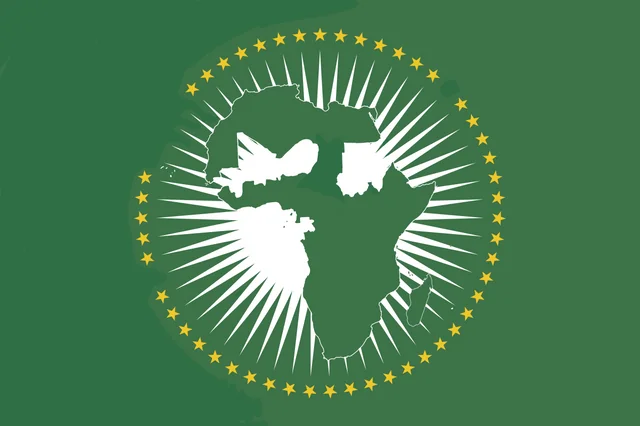
In a bid to foster unity, cooperation, and integration among African nations, initiatives spearheaded by the African Union (AU) continue to make strides toward realizing a unified African identity while strengthening economic and political ties across the continent.
Founded in 2001, the African Union has remained steadfast in its commitment to promote collaboration and solidarity among its member states, consisting of 55 countries. With a core objective of achieving peace, prosperity, and development, the AU has been instrumental in addressing various socio-economic challenges while bolstering collective progress.
The AU’s efforts in nurturing a sense of unity among African nations have gained momentum through multifaceted approaches. One significant initiative is Agenda 2063, a strategic framework that outlines the continent’s long-term vision for development, emphasizing self-reliance, inclusivity, and sustainable growth. Agenda 2063 aims to propel Africa towards socio-economic transformation, harnessing the continent’s resources and talents for its collective advancement.
Moreover, the AU has been pivotal in fostering regional integration through the establishment of economic blocs, such as the East African Community (EAC), the Economic Community of West African States (ECOWAS), and the Southern African Development Community (SADC). These blocs facilitate economic cooperation, trade liberalization, and infrastructural development, contributing to increased intra-African trade and investment.
Efforts to create a unified African identity encompass cultural exchange programs, educational initiatives, and the promotion of Pan-Africanism. These endeavors seek to celebrate the rich diversity of African cultures while nurturing a shared sense of belonging and solidarity among its people.
The AU has also played a crucial role in peacekeeping missions across the continent, addressing conflicts and promoting stability in conflict-affected regions. By deploying peacekeeping forces and mediating diplomatic resolutions, the AU strives to ensure peaceful coexistence and security for all African nations.
In recent years, the African Continental Free Trade Area (AfCFTA) stands as one of the most significant milestones in the AU’s integration agenda. AfCFTA aims to create a single market for goods and services, fostering intra-African trade while enhancing economic opportunities for member states.
Despite these significant strides, challenges persist in achieving full integration and unity across the continent. Issues such as political differences, infrastructural gaps, and socio-economic disparities continue to pose hurdles in the path towards a fully integrated Africa.
As the AU forges ahead in its mission to promote unity and integration, the commitment of African leaders and stakeholders remains crucial. Collaboration, resource mobilization, and sustained efforts are imperative to overcome challenges and realize the collective vision of a united, prosperous, and interconnected Africa.
The initiatives led by the African Union signify a beacon of hope for a continent that is determined to transcend boundaries, embrace diversity, and collectively chart a path towards a brighter future.
The journey towards a unified African identity and enhanced cooperation among nations is an ongoing endeavor, marking a pivotal chapter in Africa’s quest for unity, prosperity, and shared progress.
